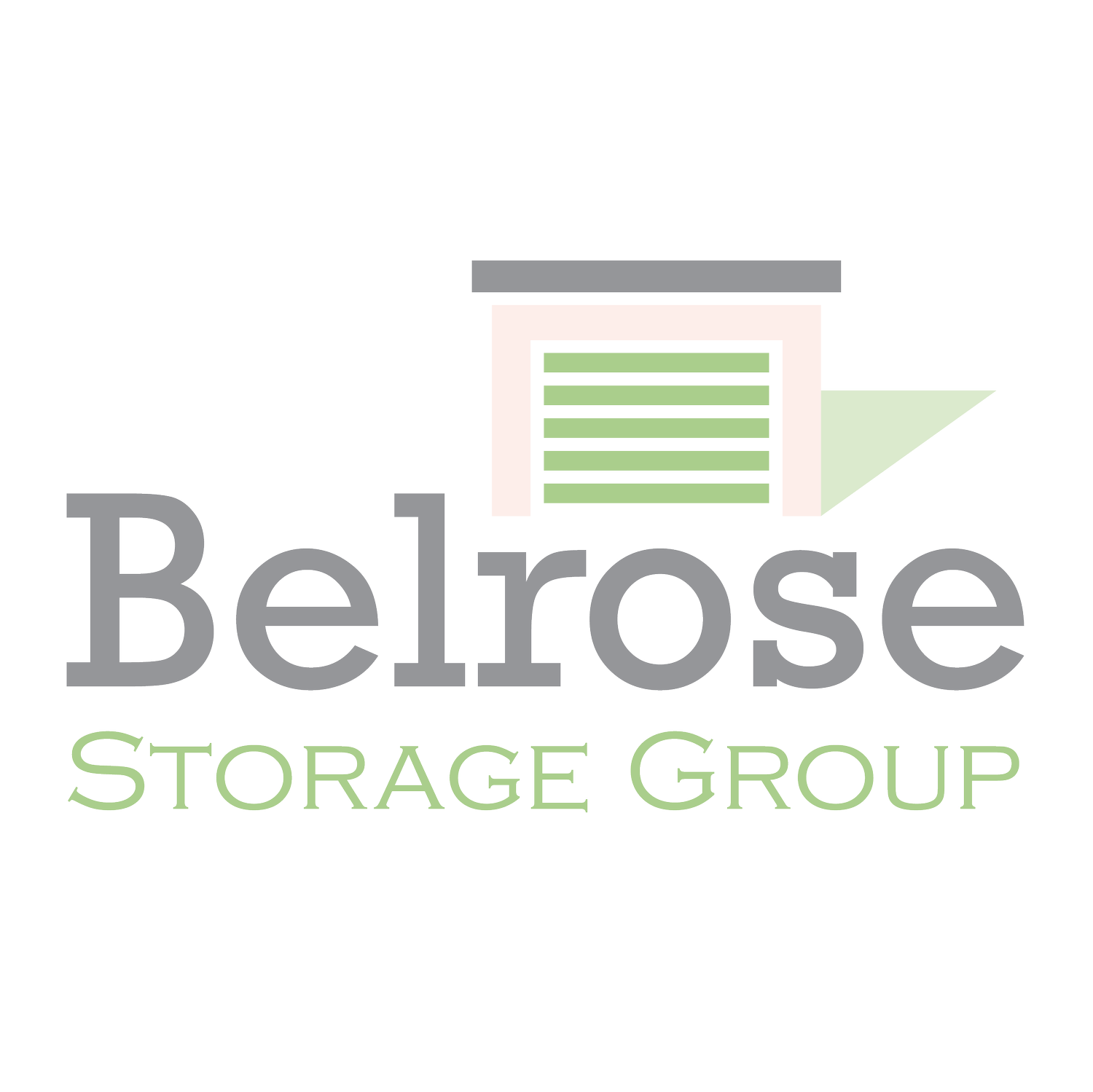Self-Storage Industry Growth Decline: Why We’re Not Worried
It appears that publications, like the Wall Street Journal, can’t make their minds up about the current state of self-storage investing. In 2021, self-storage facilities were considered the hottest property investment of the pandemic, with record-high occupancy rates and vigorous sales growth.
But as the economy shifted into a period of recovery following the height of the pandemic, the self-storage industry (along with many others) faced new challenges like rising mortgage rates, high inflation, and the reopening of office spaces. Now, sentiments (including those shared by the Wall Street Journal) are starting to change.
What Happened in 2020?
Over the last several years, the economy has been impacted by a number of factors: ongoing issues with Covid-19, geopolitical conflict in Ukraine, high inflation, supply chain issues, and labor shortages.
The growing popularity of remote work allowed people to downsize and/or move away from large cities, which created more competition in secondary markets. This alone prompted a sharp increase in self-storage use throughout 2020. With new construction at a standstill and demand rising for short-term storage, occupancy and rental rates increased rapidly from 2020 to 2022.
Why the Market Is Cooling in 2023
As we discussed above, the pandemic created the perfect storm for self-storage demand. But when high inflation hit in early 2022, the economic landscape (especially in terms of lending) shifted. The Federal Reserve began aggressively raising rates in an effort to curb inflation. In turn, lenders started tightening their purse strings, mortgage rates and interest rates rose, and consumers slowed down their spending.
With both interest rates and the cost of consumer goods rising, many economists predicted that a recession would occur by the end of 2023. While forecasts are starting to look more optimistic, the threat of recession makes consumers, investors, and lenders nervous.
As a result, the Covid-fueled industry boom appears to be mellowing out. The surge in occupancy and rental rates we experienced in 2020 wasn’t sustainable long-term, meaning many of us anticipated the market to cool over time.
But the good news is, while year-over-year performance has declined in 2023, we are still enjoying rental and occupancy rates above pre-pandemic levels. Annual self-storage sales across the country leaped from a little over $4 billion in 2020 to $12.3 billion in 2021, followed by a noticeable drop to $10 billion in 2022. A drop in sales may sound disheartening, but keep in mind that for the years prior, sales volume stayed at or around $4 billion.[1]
Why a Decline in Growth Is Okay for Investors
While yes, growth has slowed and demand has declined since 2020, savvy investors look past the headlines and consider the bigger picture. Short-term fluctuations in performance are normal, but the long-term industry performance paints a more positive light than what’s happening here and now.
Just consider that the average annual return for self-storage has been 16% or higher for more than a decade.[2] Despite recent declines in growth, the long-term returns are still higher than other types of commercial real estate (apartment buildings, office buildings, industrial complexes, etc.).
A big reason for this is that the demand for self-storage depends more on individual life cycles than what’s going on with the greater economy. Even those who didn’t experience significant lifestyle changes during the pandemic are still finding plenty of reasons to use self-storage facilities — combining households, storing college supplies, moving across the country, inheriting an estate, etc. Life changes and transitions are going to occur despite what’s happening in the markets.
Is Self-Storage Investing Right for You?
At Belrose, we’re passionate about helping private investors meet their investment objectives of capital preservation, income, and growth. If you’re thinking about self-storage investing and the advantages it offers over traditional investments, a seasoned sponsor like Belrose can help you navigate these short-term fluctuations.
Reach out to our team today to get the inside scoop on our facility acquisition process.
Source:
[1] Self Storage Sales Waning After Active Year in 2022
[2] Four Reasons Investors Are Looking at the Self Storage Industry Right Now

